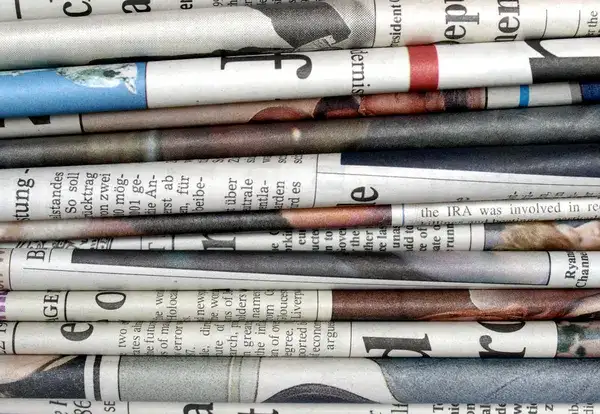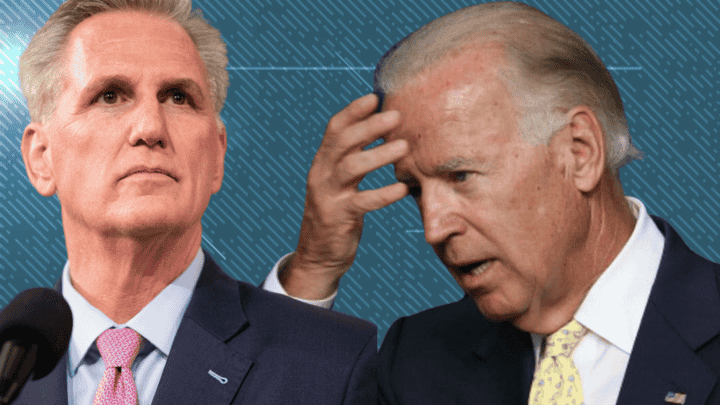Margaret Hilda Thatcher, Baroness Thatcher, LG, OM, DStJ, PC, FRS, HonFRSC née Roberts, was the Prime Minister of the United Kingdom from 1979 to 1990 and the Leader of the Conservative Party from 1975 to 1990. She was the first woman to hold the position of British Prime Minister in the twentieth century. She introduced policies known as Thatcherism while serving as Prime Minister. Her tough politics and leadership style earned her the nickname “Iron Lady” from a Soviet journalist.
Before becoming a barrister, Thatcher studied chemistry at Oxford’s Somerville College and worked as a research chemist. In 1959, she was elected to the House of Commons as a member of the Finchley constituency. In the 1970–1974 government of Edward Heath, she was named Secretary of State for Education and Science. She became the first woman to lead a major political party in the United Kingdom when she defeated Heath in a leadership contest for the Conservative Party in 1975.
Milk snaker Margaret thatcher
The Labour government was faced with a minor dilemma in the aftermath of WWII. Huge swaths of the British population were growing up malnourished, a situation that continued restriction was doing little to alleviate. So they devised a simple solution: every weekday, every child of school age would receive a free glass of milk. It was an inexpensive and well-accepted policy. It was so popular that Margaret Thatcher’s decision to terminate it in 1971 sparked outrage.

The story is in The Independent. Ted Heath’s Conservative government was in power in 1971, and it was attempting to save the government money. Thatcher was education secretary at the time, and it was her first big political position. She eliminated milk subsidies for all children over the age of seven as part of her department’s effort to cut costs. It was “the meanest and most worthless thing” the country had seen in decades, according to a Labour education spokeswoman (via The Telegraph).
Read More: Tim Paine Controversy – Australian Test Captain Tim Paine Steps Down After ‘Sexting’ Scandal.
The worst riots in a century were caused by Margaret thatcher’s poll tax
Even today, Conservative MPs tremble at the mention of the infamous “poll tax.” The number of adults residing in a house was taxed instead of the rental value, thanks to a change in local council tax rates in 1989. However, as ThoughtCo points out, the finer points aren’t important. What matters is that the tax lowered taxes for the wealthy while raising them for the rest of the population. New taxes, as George H.W. Bush knew, are a surefire way to enrage your voters. They didn’t simply flip against Thatcher in Thatcher’s case. They went on the rampage.
 Even during the planning stage, there were worrisome rumblings. There are cabinet memos from the year before the tax was implemented that warn of mounting opposition (via BBC). Thatcher, on the other hand, not only persisted, but she also made the policy her own in public. In 1989, she imposed it first on Scotland, sparking widespread civil resistance. Instead of being discouraged, she imposed a new tax on England and Wales the following year. The outcomes were unmistakable.
Even during the planning stage, there were worrisome rumblings. There are cabinet memos from the year before the tax was implemented that warn of mounting opposition (via BBC). Thatcher, on the other hand, not only persisted, but she also made the policy her own in public. In 1989, she imposed it first on Scotland, sparking widespread civil resistance. Instead of being discouraged, she imposed a new tax on England and Wales the following year. The outcomes were unmistakable.
Read More: Jelloapocalypse Controversy – Everything We Know so Far About Bizarre Tantrum
Augusto Pinochet, chile’s dictator, had Margaret thatcher’s vocal support.
It’s impossible to parody some sentences since they’re so auto-satirical. Margaret Thatcher’s 1998 remark to Augusto Pinochet (above) is an example. “It was you who brought democracy to Chile,” the then-retired Prime Minister told the ex-Chilean dictator in front of cameras. That appears to be a definition of “democracy” that includes ousting the elected government in a coup, reigning as a military strongman for 18 years, and executing over 3,000 dissidents while torturing 40,000 more (via BBC).

Thatcher’s relationship with Pinochet, on the other hand, was ludicrous. Following the 1973 coup, which saw thousands detained and herded into makeshift torture facilities, Britain had previously banned arms deliveries to Chile, as the New Yorker reports. Thatcher continued the arms deliveries as soon as she became office, seemingly more impressed with Pinochet’s anti-Communist credentials than his indiscriminate killing of civilians. She not only gave remarks in support of the ex-release dictator while he was jailed in London on an international arrest warrant in 1998, but she actually paid him a visit to enjoy glasses of scotch.
Read More: Sam Pepper Controversy – How A Disgraced You Tuber, Gained a Sensation on The Tik Tok Platform
Section 28 of the homophobic convention was supported by Margaret thatcher.
One of the most darkly funny aspects of working with an insecure majority is how they go out of their way to seem oppressed. (Anyone who has used the term “white genocide” knows what I’m talking about.) That was the case with Section 28 and Thatcher’s Conservative government.

Jenny Lives with Eric and Martin, a Danish children’s book that presented the implausible premise that gay men may not only live together but also be happy, was published in the first English language edition in 1983 by a British publisher. A moral panic ensued, culminating in Section 28 in 1988.
Read More: Evander Kane Controversy – Look at All Controversies from Top to Bottom
The treatment of hunger strikers by Margaret thatcher added to the problems.
The Troubles, a 30-year guerrilla war between (mainly) Protestant loyalists and (primarily) Catholic republicans that killed about 4,000 people, engulfed Northern Ireland in the 1980s.

While some saw the fighting as a political conflict, Thatcher’s government refused to categorize captured IRA members as anything other than regular criminals. In 1981, this seemingly insignificant difference reared its ugly head. After their special status was removed, IRA members imprisoned in the Maze jail went on hunger strike. Thatcher, on the other hand, would not listen. That refusal would have long-term consequences.



